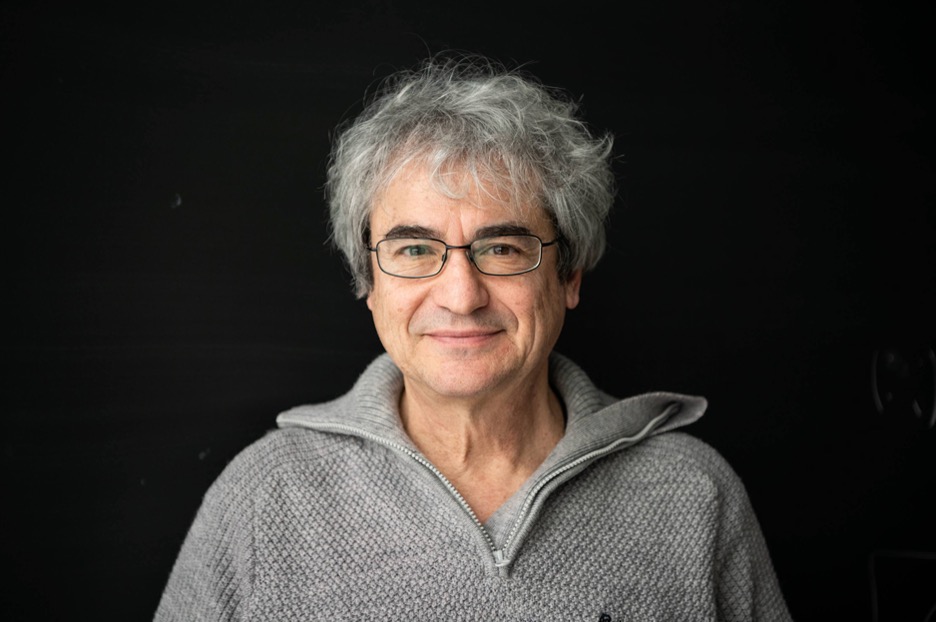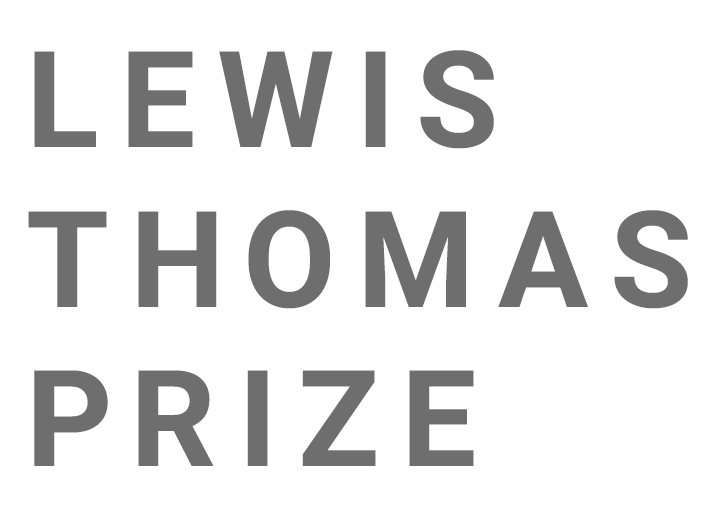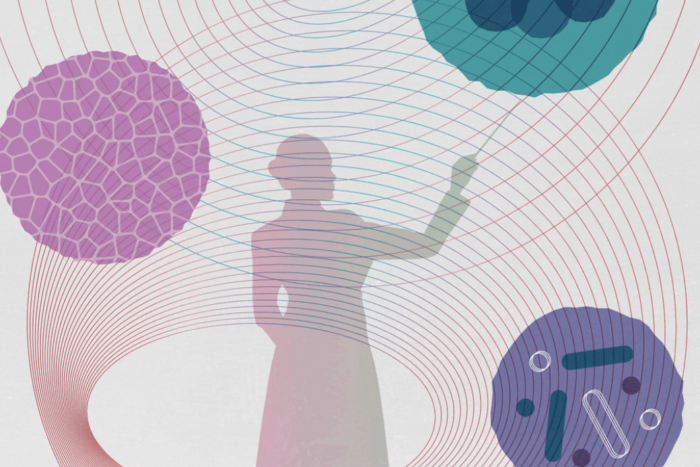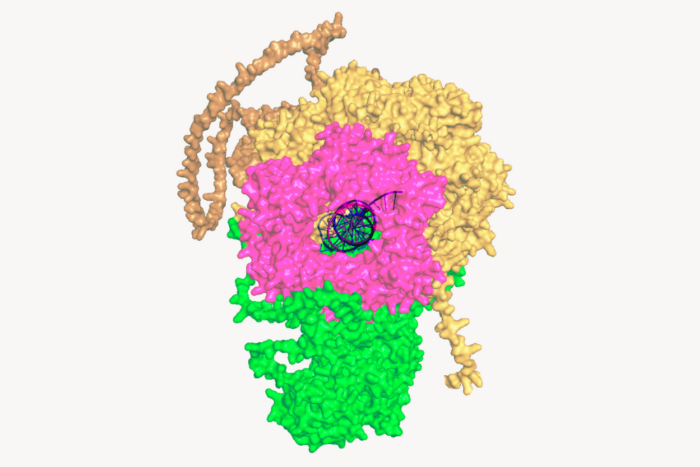Theoretical physicist Carlo Rovelli receives 2024 Lewis Thomas Prize

Carlo Rovelli
From photons to atheism to Churchill’s extraterrestrial musings, the stunning breadth of Carlo Rovelli’s work has spurred readers to think deeply about the intersection of science and culture, transforming staggering complexity into widely accessible writing along the way.
For this artful ability to educate and engage, Rovelli was presented with the 2024 Lewis Thomas Prize for Writing about Science at The Rockefeller University on April 9. Named after its first recipient, noted physician-scientist and essayist Lewis Thomas, the prize was established in 1993 by Rockefeller’s Board of Trustees.
“Spanning Epicurus to Einstein and white holes to top quarks, Carlo Rovelli embodies the scientist as poet,” says Jesse H. Ausubel, chair of the selection committee. “In the conflicted world of 2024, the abiding, idealistic voice of Rovelli’s essay collection There Are Places in the World Where Rules Are Less Important Than Kindness feels especially valuable.”
In his first book for the general public, Rovelli focused on Anaximander, an ancient philosopher whose willingness to challenge conventional wisdom laid the groundwork for today’s scientific method. In the international bestseller Seven Brief Lessons on Physics, he condensed the revelations of post-Newtonian physics into a handful of pithy lessons. His other books probed reality, explored the concept of entropy and its relation to time, and decoded the strange realm of quantum mechanics.
Born in Verona, Italy, Rovelli attended the University of Bologna, before earning a PhD at the University of Padua. In 1990, he accepted a faculty position at the University of Pittsburgh. There, he and several colleagues developed the pioneering Loop Quantum Gravity Theory, which aims to reconcile the seemingly contradictory realms of quantum mechanics and relativity. Rovelli is currently researching white holes, theoretical end products of black holes whose existence would provide empirical support for loop quantum gravity. In 2000, he moved to the Center for Theoretical Physics of Aix-Marseille University to lead its quantum gravity group.
Rovelli’s many academic and cultural accolades include the 1995 Basilis Xanthopoulos International Award for outstanding contributions to gravitational physics by a scientist younger than 40 years old. Foreign Policy magazine named him one of the 100 most influential global thinkers in 2019, and Prospect Magazine followed suit in 2021, listing him among the world’s top 50 thinkers.
Recent recipients of the Lewis Thomas Prize include forestry researcher Suzanne Simard, physician Siddhartha Mukherjee, astrophysicist Kip Thorne, oceanographer Sylvia Earle, and mathematicians Steven Strogatz and Ian Stewart.



